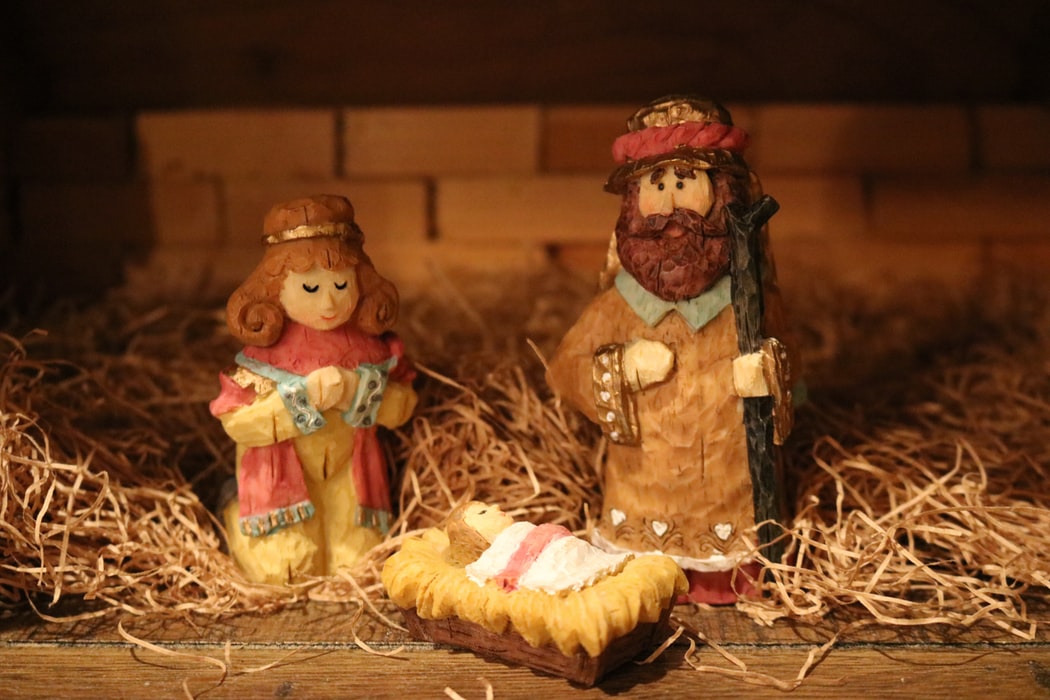Holiday Dates
.
Calendar date for
Symbols and Associated Colors
Origin and History

Christmas is the yearly celebration of the birth of Jesus. It might suprise some to hear that Christmas is celebration rooted almost entirely in pagan traditions. The first Christmas celebration dates back to the year 336 in the Roman Empire under Emperor Constantine. At the time, Dec. 25th (and sometimes the 24th) were important days to several different cultures. It is suspected that Dec. 25th was chosen as the day to celebrate Christmas in order to make converting pagan tribes easier. Eventually, Christmas celebrations grew to include joyful traditions from pagan traditions including Yule and other Winter festivals. Some, however, seeked to keep Christmas as it originated (a somber holiday vs today's joyful version).
Modern Celebrations

Today, Christmas is celebrated worldwide with diverse traditions from many countries and cultures. Such traditions include, but are not limited to: gift-giving, baking, caroling and decorating spruce/pine/evergreen/fir trees with lights and ornaments. Relgious celebrations before (Advent) and after (Epiphany) Dec. 25th are still observed, but with less influence. Some have expressed concern that commercialization has ruined the mood and meaning of the holiday. Others see this as little more than over-enthuasiastic celebration.